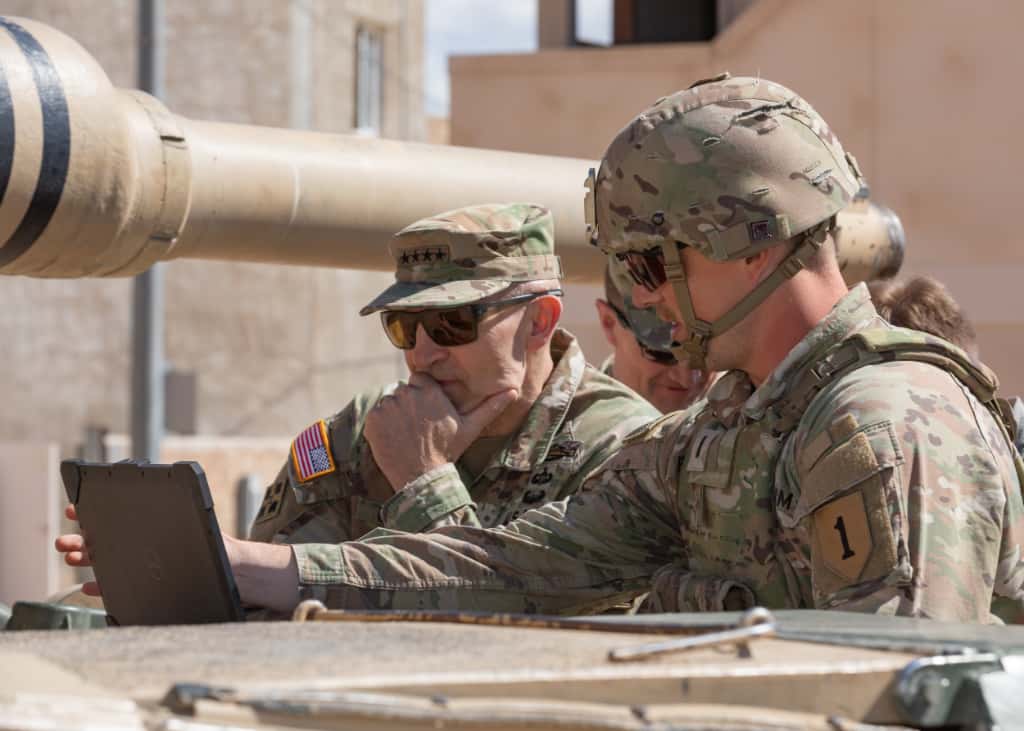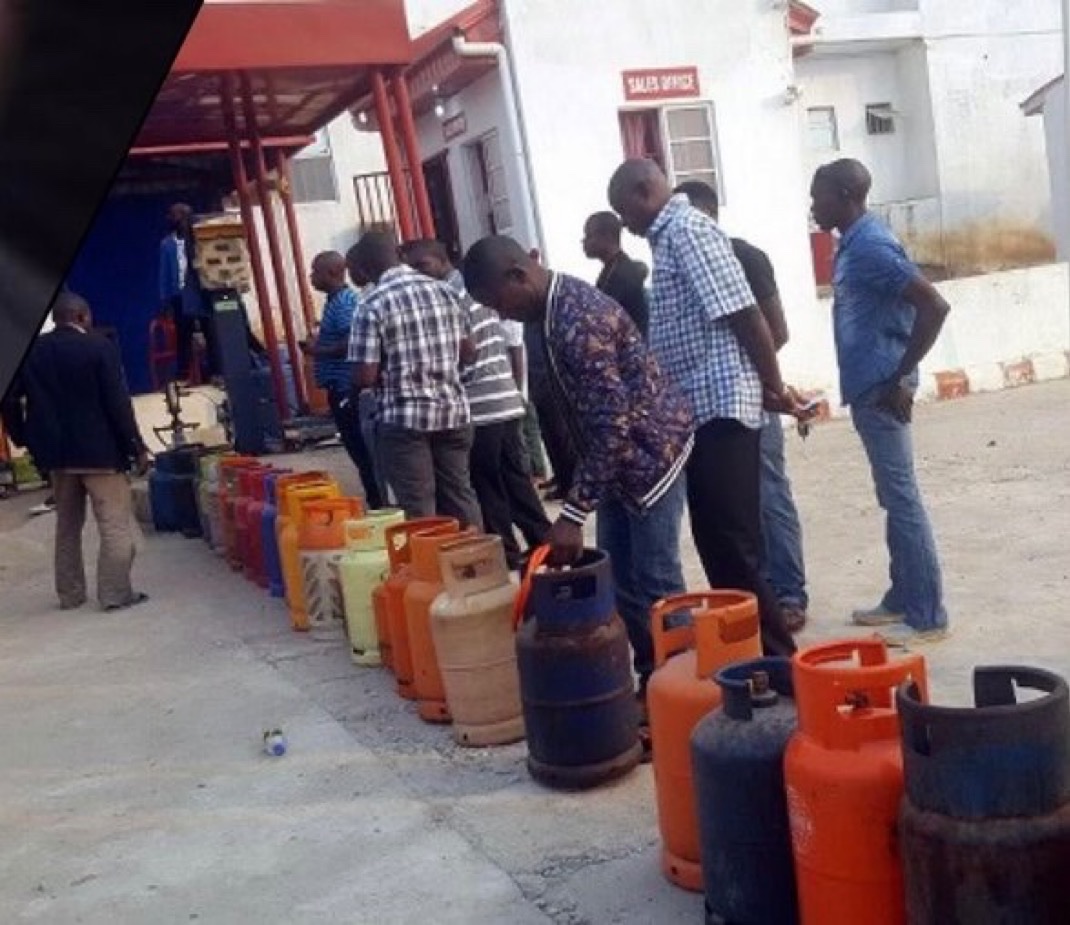In a development that has sparked intense debate across diplomatic and security circles, the United States military has reportedly drawn up contingency plans for possible intervention in Nigeria — categorized under three operational levels: light, medium, and heavy.
The move follows directives allegedly issued by former U.S. President Donald Trump, who described ongoing violence in Nigeria as a “Christian genocide” and instructed the Pentagon to explore potential military response options.
Inside the Three Intervention Models
According to reports from U.S. defense insiders, the Pentagon and U.S. Africa Command (AFRICOM) have completed an assessment that outlines several scenarios for potential action in Nigeria. Each plan is designed around varying degrees of engagement and operational risk.
1. Light Option:
This approach involves limited U.S. military involvement through intelligence sharing, surveillance support, and advisory assistance to Nigerian and regional forces. It would primarily target insurgent and extremist groups like Boko Haram and ISWAP, without the deployment of a substantial U.S. force presence.
2. Medium Option:
The medium-level strategy focuses on precise air or drone strikes against militant hideouts, weapon depots, and convoy routes. This option would rely heavily on unmanned aerial systems such as Reaper or Predator drones. However, logistical complications persist, as the U.S. no longer operates key drone bases in Niger following the closure of installations in Agadez and Niamey.
3. Heavy Option:
The most aggressive alternative, described as the “heavy” option, could involve a full-scale air and naval campaign. This may include the deployment of aircraft carriers in the Gulf of Guinea, coordinated fighter jet missions, and possible long-range bomber operations. Defense analysts have warned that such an intervention could lead to protracted military engagement similar to those experienced in Iraq and Afghanistan.
Nigeria’s Reaction and Sovereignty Concerns
The Nigerian government has not issued a formal response to the reported U.S. plans. However, top security and foreign affairs officials in Abuja have repeatedly emphasized that Nigeria welcomes foreign assistance only when it respects the nation’s sovereignty and operational independence.
Officials also dismissed the “Christian genocide” narrative as misleading, stressing that the country’s security challenges stem from a mix of insurgency, terrorism, communal clashes, and criminal banditry — not religious persecution.
Regional analysts say Nigeria is unlikely to endorse any direct foreign military operations without extensive diplomatic negotiations, citing the sensitivity of foreign boots operating on African soil.
Operational and Strategic Challenges
Experts have raised doubts about the feasibility and effectiveness of such military operations. With limited regional basing options and growing anti-foreign sentiment in parts of the Sahel, any U.S. engagement would face significant logistical, political, and diplomatic barriers.
A retired AFRICOM officer was quoted as saying that while airstrikes might neutralize high-value targets, they would “do little to solve Nigeria’s underlying governance and development crises.”
Global and Regional Reactions
The reported plan has generated mixed reactions among global observers. Some Christian advocacy groups in the U.S. have applauded the move, arguing that it could help protect vulnerable communities in Nigeria’s Middle Belt and North-East.
Conversely, several African Union officials and European diplomats have cautioned that unilateral military action could destabilize the region further and create new anti-Western backlash.
Background: Why Nigeria Is on Washington’s Radar
Nigeria has been grappling with multiple layers of insecurity — from Boko Haram insurgency and ISWAP terrorism in the North-East, to widespread banditry and communal clashes in the North-West and Middle Belt.
Despite sustained counter-insurgency efforts and international assistance, civilian casualties and displacement figures remain high. The U.S. has provided intelligence and training support to Nigerian forces over the years but has refrained from direct military strikes.
Key Questions Moving Forward
- Will Nigeria permit any U.S. military operation on its territory under existing sovereignty laws?
- Could targeted U.S. airstrikes reduce violence without worsening local distrust or humanitarian crises?
- How will African and global actors respond if Washington pursues unilateral military engagement in West Africa?
Conclusion
While the proposed intervention plans remain at a preliminary stage, their disclosure underscores Washington’s renewed interest in Nigeria’s security crisis amid global instability. Analysts believe the next few weeks will be crucial in determining whether diplomatic collaboration or military confrontation defines the next chapter in U.S.–Nigeria relations.



